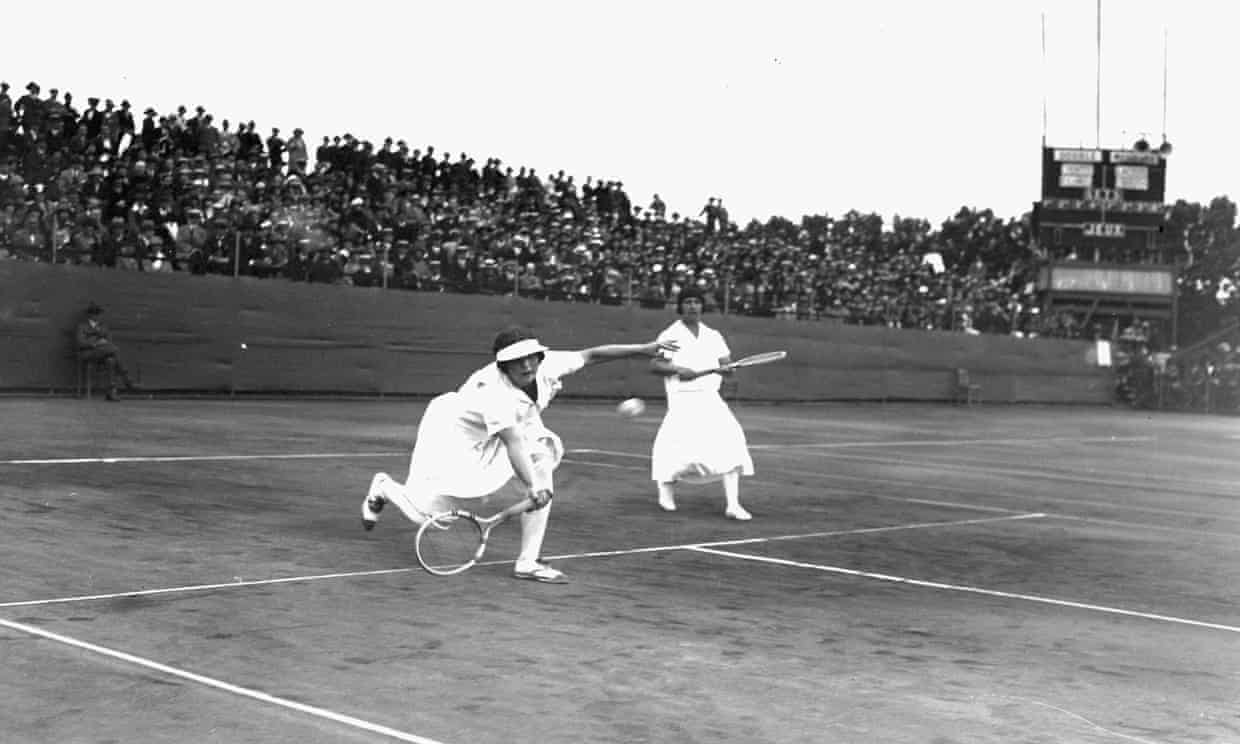
In Short
- David goldblatt’s book explores the rich history of the olympics, including the pivotal paris 1924 games.
- The book delves into the stories of iconic athletes who left a lasting impact on the games.
- It highlights the challenges and triumphs of the olympic movement, from its inception to modern times.
- “the games” offers a comprehensive look at the evolution of sportsmanship, competition, and global unity through the lens of the olympics.
- Discover the legacy of the olympic games and their enduring significance in the world of sports and culture.
TFD – Embark on a journey through Olympic history with “The Games: A Global History of the Olympics” by David Goldblatt. Explore the triumphs, challenges, and iconic moments that have shaped the world’s most celebrated sporting event.
The founding father of the modern movement, Baron de Coubertin, presided over his sixth and final Olympics in Paris in 1924. He had ample cause to be happy with his output. The French government had fully supported the project, contributing 20 million francs in funding as well as a new stadium. The gold, silver, and bronze medals, the rings, the oath, and the parade of nations were all part of the established Olympic rites.
The Games were mostly reserved for individuals who were not professional athletes, such as college students, military officers, and nobles, who would compete in what the baron praised as “a display of manly virtue.
But there was an issue there. The people had shunned the amateur efforts of the swimmers, gymnasts, gentleman athletes, and others at the 1920 Antwerp Games in large numbers. A completely new movement that had its own women’s Olympics every year since 1921 was born as a result of the exclusion of women. The workers’ sports movement, four million strong across the industrialised world, would stage its own inaugural Workers’ Olympics in Frankfurt in 1925, attracting 250,000 participants. And professional sports – baseball, boxing, cycling and football – were creating spectacles and celebrity that no Olympian could match.
Paris 1924 was significant because it provided a sporting response to the mounting challenges in each of these areas.
Less than 5% of the 3,000 athletes in Paris were women, and they were only allowed to compete in tennis, swimming, and diving. However, they made headlines for the first time and changed people’s opinions about women in sports.
Before the Paris Games, American Sybil Bauer, for instance, broke the men’s world record in the 440-yard backstroke, and appeals went out throughout America for woman to compete against the men in the Olympics. She smashed the Olympic sprint record and won the gold medal for ladies, but it never happened.
Helen Wills, a fellow countrywoman, became the first female athlete to acquire lasting international fame after winning gold in both the tennis singles and mixed doubles competitions. She also went on to win 12 Wimbledon titles.
There were now competitors for the many gentleman athletes present at the Games. Harold Osborn hails from a farming family in a rural area of Illinois. He became the athlete of the Games with his gold medals in the decathlon and high jump. Born in Romania, American swimmer Johnny Weissmuller grew up in the Chicago ghetto before winning three gold medals in Paris and making a Hollywood splash when Tarzan brought him to Beverly Hills.
The model of British aristocratic athletics was broken by the British runners Harold Abrahams and Eric Liddell, who won the 100 and 400 meters, respectively. Abrahams was a victim of prejudice because he was Jewish, even though he came from a wealthy middle-class home and attended Oxbridge and the army. Liddell was a strange man, a devout Protestant sabbatarian from very humble priestly beginnings.
The Finnish sprinter Paavo Nurmi and the Uruguayan football team were among the first international stars of the Olympics, having competed in Paris. The former won five gold medals and ran six races in seven days, most of them setting new marks. As the first superhuman athlete, he was portrayed by the international media; Miroir des Sports declared that “Paavo Nurmi goes beyond the limits of humanity.” The Uruguayans dazzled world football with their passing rhythms and balletic balance and were globally acclaimed as not mere athletes but artists, Gazzetta dello Sport reporting on their “musical phrasing” and “stylistic perfection”.
The Olympic movement now faces more obstacles than it did in 1924: dwindling TV viewership, a lack of enthusiasm among young people worldwide, and a history of environmental and urban tragedies. In the finest of their performances, today’s athletes are no less accomplished, no less diverse, and no less superhuman. Though I doubt it, it remains to be seen if that will be sufficient for a second Paris Games to rescue the Olympics.
The Games: A Global History of the Olympics was written by historian David Goldblatt.
Conclusion
Unveiling the layers of Olympic history, David Goldblatt’s work illuminates the enduring spirit of the Games. From Paris 1924 to modern-day achievements, “The Games” celebrates the athletes, stories, and moments that define this global phenomenon. Explore the legacy of Olympic sportsmanship and unity, inspiring generations to come with the power of sports and human achievement.
Connect with us for the Latest, Current, and Breaking News news updates and videos from thefoxdaily.com. The most recent news in the United States, around the world , in business, opinion, technology, politics, and sports, follow Thefoxdaily on X, Facebook, and Instagram .
